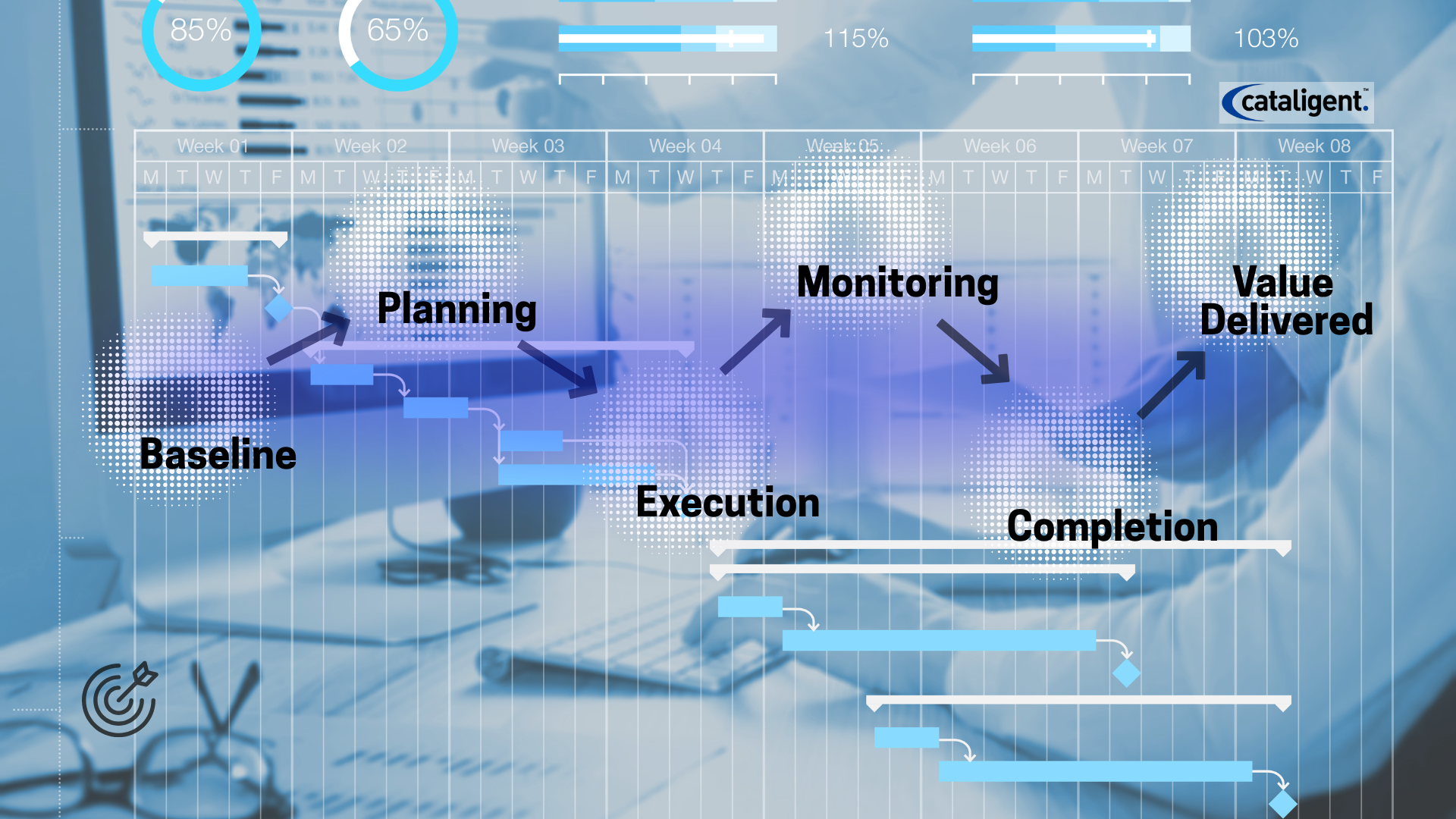Every successful business, regardless of size or industry, relies on effective project management. It is the backbone that ensures initiatives are executed on time, within budget, and aligned with strategic objectives. Without structured project management, even the most promising projects can falter due to misaligned priorities, inefficient resource allocation, or overlooked risks. In today’s fast-paced and complex business environment, excellence in project management is no longer optional—it is a must-have for sustained growth and operational success.
Understanding Project Management in the Modern Business Landscape
Project management involves planning, executing, monitoring, and completing projects to achieve specific business goals. It integrates people, processes, technology, and governance to deliver outcomes efficiently. High-performing project management frameworks enable organizations to:
- Ensure Strategic Alignment: Every project contributes to overarching business objectives.
- Optimize Resource Utilization: Resources are allocated efficiently, reducing waste and maximizing productivity.
- Mitigate Risks: Potential project challenges are identified and addressed proactively.
- Enhance Transparency: Clear visibility into project status, dependencies, and progress ensures informed decision-making.
- Drive Measurable Results: Performance tracking and KPI monitoring ensure accountability and tangible outcomes.
Effective project management is a critical driver of business transformation, enabling organizations to adapt, scale, and innovate confidently.
Key Elements of Project Management Excellence
- Real-Time Analytics: Leveraging data to monitor project performance and make timely decisions. Analytics provides insights into progress, resource utilization, and risk exposure.
- Comprehensive Project Dashboards: Customizable dashboards offer a consolidated view of project health, allowing stakeholders to monitor key metrics at a glance.
- Portfolio Resource Planning: Efficient allocation of personnel, budget, and tools across multiple projects ensures alignment with business priorities.
- Financial & Progress Tracking: Variance analysis, critical path identification, and capacity utilization monitoring enable organizations to maintain control over timelines and budgets.
- Risk Management Tools: Built-in tools to proactively identify, assess, and mitigate potential project issues.
- KPI/OKR Tracking: Continuous monitoring of performance against strategic objectives ensures that projects deliver measurable business value.
- Implementation Degree Monitoring: Using phase-gate processes and impact assessments, organizations can track the completion level of initiatives and take corrective actions as needed.
- Access Control and Security: Role-based access management, Single Sign-On (SSO), Multi-Factor Authentication (MFA), and enterprise-grade security ensure safe and controlled project execution.
- Customization and Integration: Flexible configuration, templating, and integration with APIs, XML, and databases enable seamless alignment with existing workflows and technology ecosystems.
Why Project Management is a Must-Have for Businesses
- Aligns Teams and Objectives: Clear roles, responsibilities, and goals prevent duplication of efforts and keep everyone moving in the same direction.
- Enhances Operational Efficiency: Streamlined processes, proactive risk management, and data-driven decisions reduce delays and cost overruns.
- Supports Business Transformation: Projects are vehicles for change; effective project management ensures initiatives translate into real organizational improvements.
- Builds Stakeholder Confidence: Transparent reporting and reliable delivery enhance trust among clients, investors, and internal teams.
- Fosters Agility: Structured frameworks allow organizations to adapt quickly to changing market conditions or unexpected challenges.
Implementing Project Management Excellence Through Consulting
Business consulting plays a pivotal role in embedding project management excellence within an organization. Consultants help by:
- Assessing Existing Processes: Identifying gaps, inefficiencies, and areas for improvement.
- Developing Tailored Frameworks: Creating governance structures, reporting protocols, and standardized workflows.
- Integrating Technology: Leveraging platforms that provide real-time analytics, dashboards, resource planning, and risk management.
- Training and Change Management: Ensuring teams adopt new processes, tools, and cultural practices effectively.
- Continuous Monitoring: Providing ongoing evaluation and optimization of project management practices to sustain high performance.
The Business Impact of Project Management Excellence
Organizations that prioritize project management excellence enjoy several key benefits:
- Improved Delivery Reliability: Projects are completed on time, within budget, and aligned with business strategy.
- Enhanced Decision-Making: Data-driven insights support proactive adjustments and risk mitigation.
- Operational Efficiency: Optimized resource allocation and streamlined processes reduce waste and improve productivity.
- Strategic Growth: Successful projects enable business transformation, innovation, and scalability.
- Stakeholder Trust: Transparent reporting and reliable outcomes foster confidence among clients, partners, and investors.
How Cataligent Supports Project Management Excellence
Cataligentoffers a comprehensive suite of project management solutions through its CAT4 platform, enabling businesses to achieve project excellence and drive strategic outcomes. Key ways Cataligent empowers organizations include:
- Real-Time Insights: Advanced analytics track project performance, resource allocation, and potential risks.
- Customizable Dashboards: Stakeholders can monitor progress, dependencies, and key metrics in one consolidated view.
- Resource and Portfolio Planning: Efficiently allocate personnel, budget, and tools across projects for optimal results.
- Risk Management: Proactively identify and mitigate project risks, ensuring smoother execution.
- KPI and OKR Tracking: Align project outcomes with strategic business objectives for measurable impact.
- Secure and Compliant: Enterprise-grade security, SSO, MFA, and flexible deployment options (cloud or on-premises) protect sensitive project data.
- Integration Capabilities: Seamlessly connect with existing systems through APIs, XML, and database interfaces.
By leveraging Cataligent’s project management solutions, organizations can transform project execution from a routine operational task into a strategic lever for growth, efficiency, and competitive advantage.
Conclusion
Project management is no longer just a support function—it is a strategic imperative for businesses seeking sustainable success. Excellence in project management ensures that initiatives are executed efficiently, risks are mitigated, and outcomes are aligned with strategic objectives. Platforms like Cataligent provide the tools, insights, and consulting expertise necessary to embed project management excellence into organizational operations. By leveraging Cataligent’s solutions, businesses can transform project execution into a strategic advantage, driving measurable growth, operational efficiency, and long-term success.

